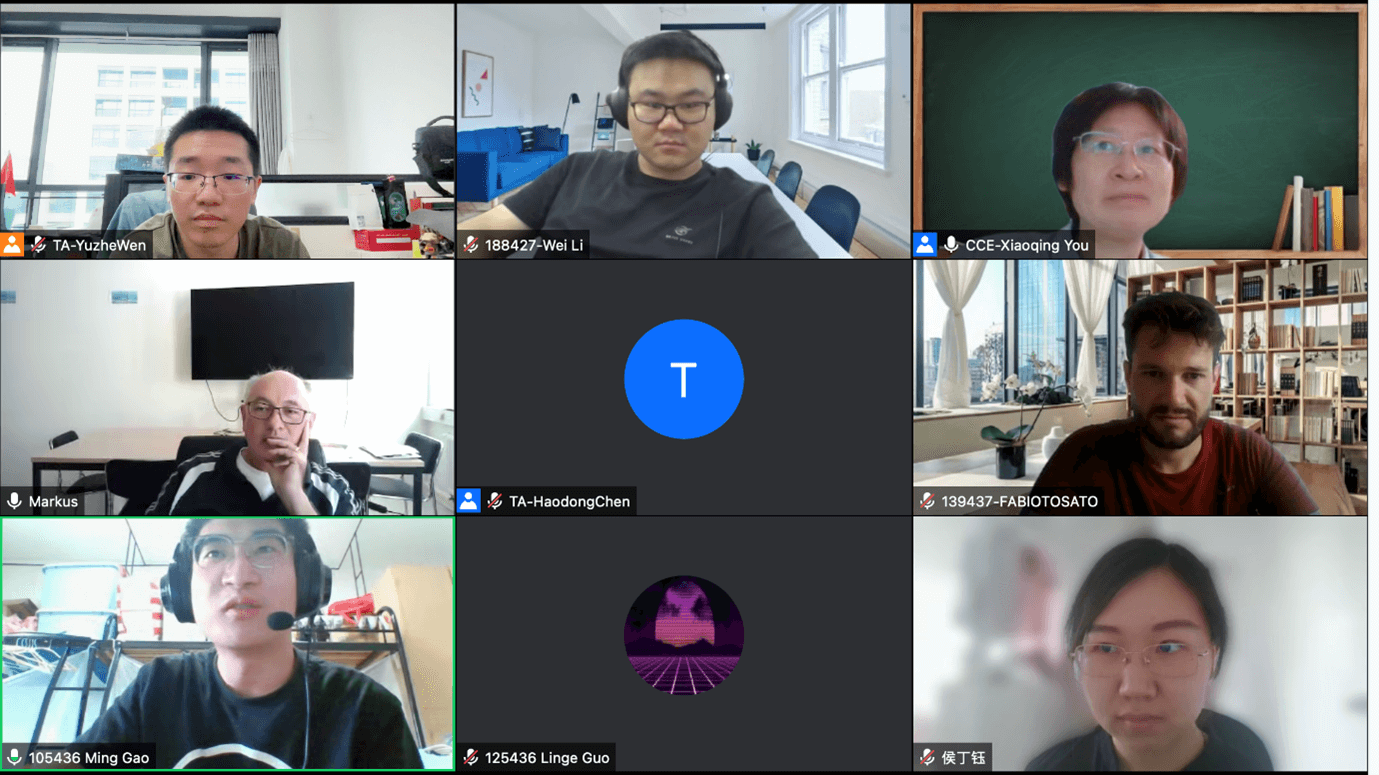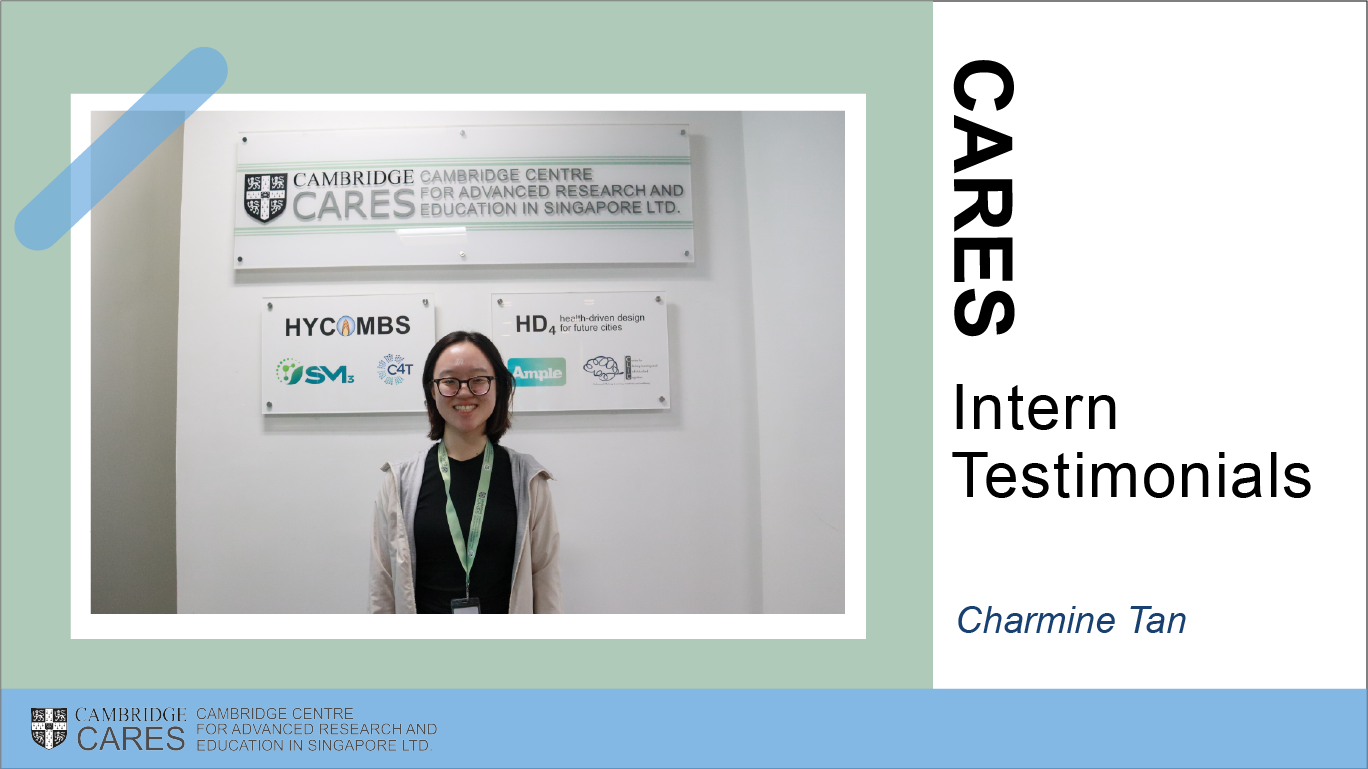
Since its first session in 2012, the Tsinghua-Princeton-CI Summer School on Combustion has become one of the most reputable summer schools in the combustion field. Held annually by the Center for Combustion Energy (CCE) at Tsinghua University, invited lecturers are world-renowned scholars in combustion theory, turbulent combustion, combustion chemistry, and diagnostics. This year, Professor Markus Kraft was invited to give a series of lectures.
Prof Kraft’s lectures examined one of the least understood aspects of combustion: the formation of soot.
“The carbonaceous products of incomplete combustion have fascinated and frustrated many. Interest in their positive aspects like illumination, pigments and heating gave way to dissatisfaction as they filled our cities with toxic air,” explained Prof Kraft while reviewing the field’s history and discussing relevant areas where soot plays an important role.
He then described the formation of soot precursors, nanoparticles, primary particles, and aggregates with an emphasis on mathematical model building and the corresponding computational aspects.
Organised by Professor Chung K Law (Chair of the CCE, Robert H. Goddard Professor in Princeton University), the Tsinghua-Princeton-CI Summer School attracts over 400 attendees per year. Most are faculty members, graduate and undergraduate students from universities in Asian-Pacific countries, and R&D engineers from the oil and energy industries.
The Tsinghua-Princeton-CI Summer School initiative aims to promote combustion science and research and foster international collaborations in the greater Asian-Pacific region. The organisers hope to provide the next generation of combustion researchers, engineers, and technologists with a comprehensive fundamental knowledge of fluid mechanics and chemical kinetics of reacting flows, for applications in issues related to energy and the environment.
Prof Kraft’s lectures were well received, with 95% of attendees rating the course ‘excellent’ or ‘good’. “Prof Kraft’s course is very impressive. I learned much of the cutting-edge research in the soot area,” said one attendee.
To read more about combustion research at CARES, click here to see our list of publications for the C4T IRP 3 programme: Combustion for cleaner fuels and better catalysts. A general audience post can also be read here from a highlighted paper titled “Soot inception: Carbonaceous nanoparticle formation in flames” published in Progress in Energy and Combustion Science by Dr Jacob Martin, Dr Maurin Salamanca, and Prof Markus Kraft.


